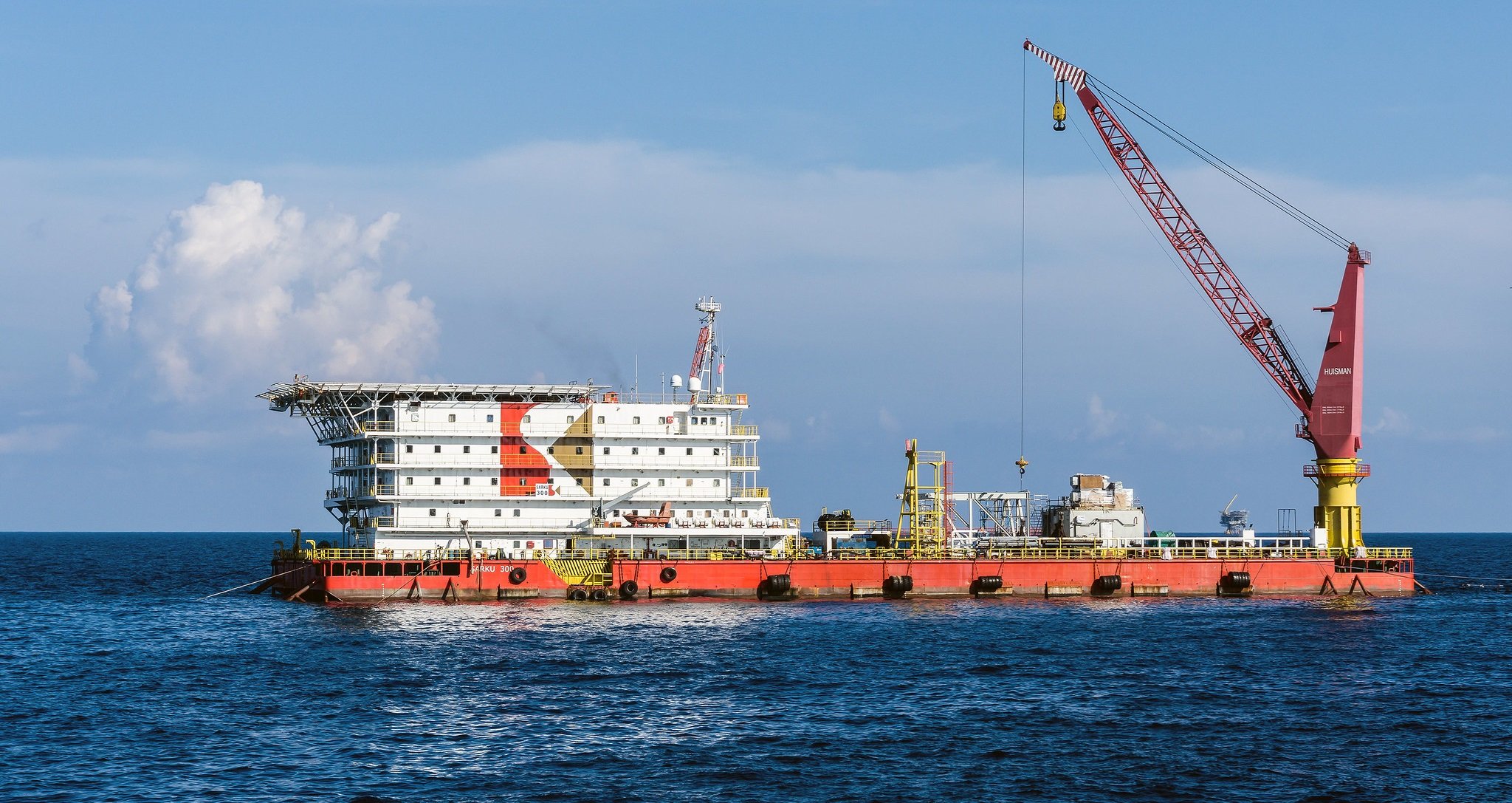The European Sea Ports Organisation (ESPO) expressed its “deep concern” over the International Maritime Organisation’s (IMO) decision to postpone the adoption of the Net Zero Framework (NZF) by one year.
This delay, decided during the meeting of the Marine Environment Protection Committee (MEPC) held in London, could paralyze global climate ambition and slow down progress in maritime decarbonization.
The NZF was expected to establish a global regulatory basis for reducing greenhouse gas emissions from shipping, including a fuel standard and a pricing mechanism. ESPO considers this postponement “a missed opportunity to accelerate the sector’s transition towards clean fuels” and fears it will further prolong the fragmentation and unequal conditions resulting from regional regulations.
“This decision is particularly disappointing, given the strong demand for a unified global approach from the entire shipping sector. The momentum already existed, with broad support for a framework that could provide clarity, predictability, and fair competitive conditions for all actors in the maritime supply chain. The postponement risks undermining this exceptional moment of convergence and weakens the credibility of international leadership on climate in the shipping sector,” added the organization.
Despite this setback, ESPO welcomes the European Commission’s new strategy to shape a clean and resilient global transition, which aims to inject political momentum into climate action, support clean technology industries, and expand global partnerships for sustainable value chains.
To maintain progress and incentivize the adoption of clean fuels, ESPO urges the Commission to adopt concrete measures, including introducing specific tax exemptions for electricity used by docked ships and for carbon-free fuels, such as green methanol, ammonia, and hydrogen, to reduce operational costs and stimulate demand.
It also calls for the implementation of subsidies and carbon contracts for difference (CCfD) to close the price gap between fossil and sustainable fuels, especially in the early phases of implementation; using revenues from the EU Emissions Trading System (ETS) to support port infrastructure for clean fuel bunkering and onshore power supply (OPS), prioritizing those investments where it makes the most sense; and incentivizing the demand for clean fuels, removing uncertainty and making it more attractive for fuel producers and suppliers to invest and increase capacity.
“The postponement should not be interpreted as a cancellation. ESPO recognizes that the IMO’s technical work to develop guidelines and implementation pathways continues. ESPO urges all stakeholders—governments, industry, and civil society—not to lose faith in the process and to continue contributing constructively. The global maritime community must maintain its commitment and engagement in creating an ambitious and viable framework,” concludes the ESPO statement.





